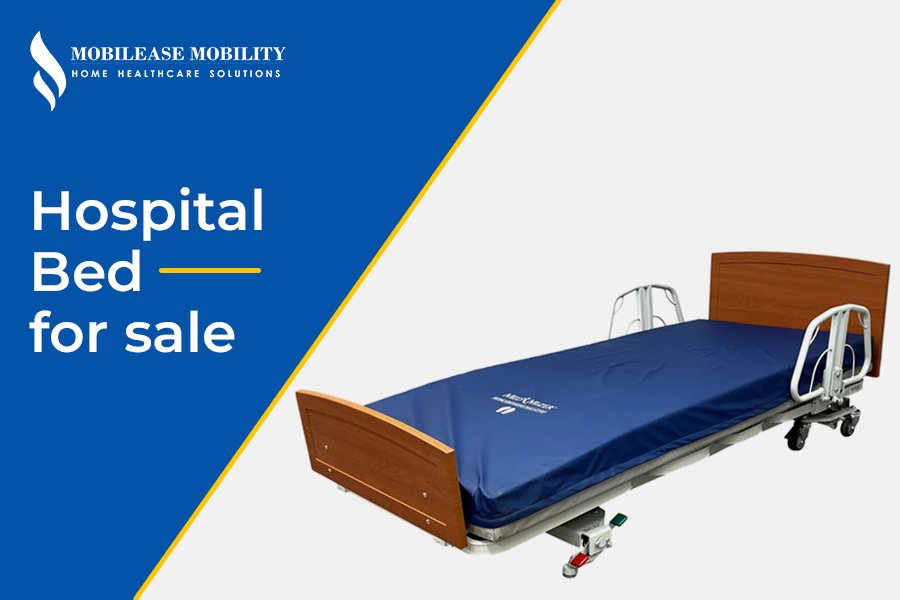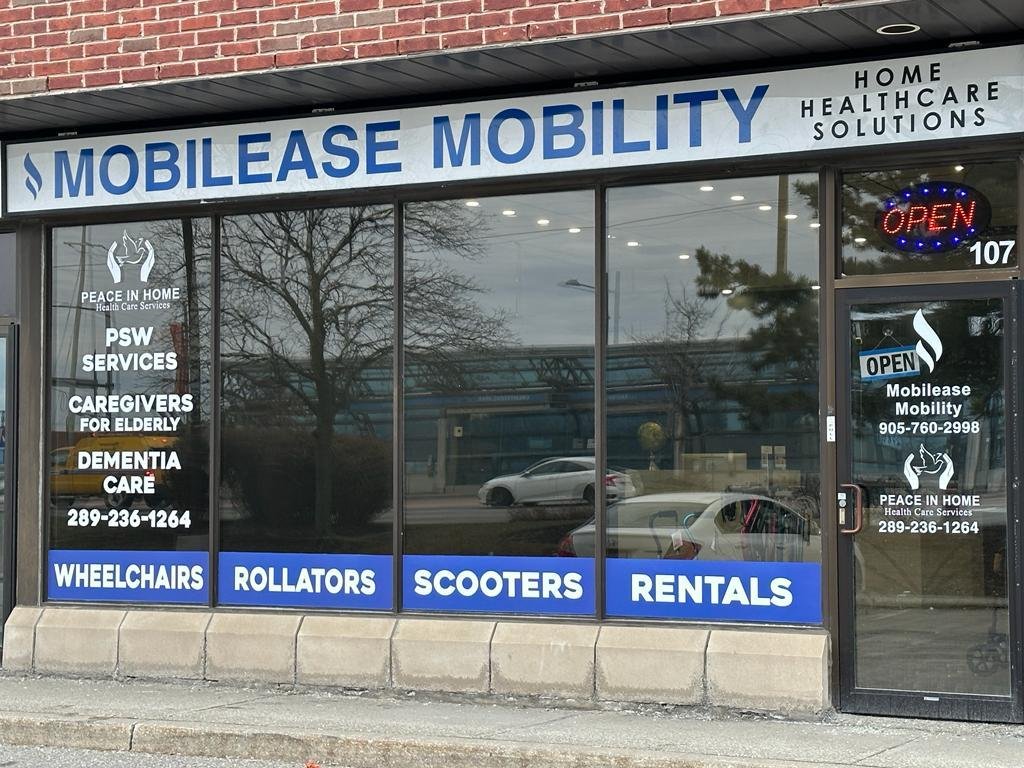It is one stage most homes reach where they face a hard decision. Maybe a father or a mother is just getting out of a surgery, or a grandma is losing mobility. Never mind the reasons but the need of a home hospital bed tends to bring a fresh start; one that is accompanied with both practical and emotional issues.
When you get to that level, the problem is no longer whether you need a home care bed but whether you will lease it or buy it. It is not a choice that many people expect to make. Still, it is important to make the right decision-not because of comfort, safety, and tranquility.
Understand What the Bed Is Really For
It is always good to know what makes a home care bed different than a regular bed before you go into figures and logistics. These beds are built beyond beds. They are made so as to assist in mobility as well as assist the person to administer care and avoid injuries.
They are adjustable and can be set up or pulled down, and there are side rails in most of them. They even have some that have mattresses which eliminate bedsores occurring in patients who are bedridden for a long period.
In short, these beds are an essential part of home-based care.
When Renting a Bed Makes More Sense
Let’s say someone is recovering from surgery, or a patient is in rehabilitation with an expected improvement in mobility. In these cases, you’ll want something reliable but not necessarily permanent.
Renting offers flexibility. There’s usually no large upfront cost, and companies that provide hospital beds for sale—such as those available through Mobility Inc.—often take care of delivery, setup, and removal when you’re done. That alone can take a lot off your plate.
The other upside? If things change—whether for better or worse—you can adjust your rental or return the equipment without worrying about selling or storing it.
When It’s Better to Buy
Long-term conditions, chronic illness, or mobility issues that are age-related usually result in the bed being utilized for several months or even years. Then the rental cost can more rapidly surpass the price of outright purchase. Purchasing might be a larger upfront investment, but the long-term cost is usually less.
Ownership also provides you with independence. You’re able to choose the exact features that fit your loved one’s condition. You’re not restricted to what is for rent. And if the bed is no longer needed in the future, it can be resold, donated, or stored away for future use by another member of the family.
Something else to consider: many medical suppliers now have refurbished hospital beds for sale that are just as good as new ones, which can be an intelligent middle-of-the-road compromise between renting and purchasing.
Don’t Forget the Practical Details
Regardless of which direction you go, a few other things are worth considering.
Space: Hospital beds take up more space than regular beds and tend to require positioning close to outlets (particularly electricity-powered models).
Support: Will there be a helping hand with daily care? Remotely controlled beds can prove to be a blessing for caregivers.
Maintenance: If you rent, the company typically takes care of any breaks. If you purchase, make sure to ask for warranty protection and who to call when it breaks.
So, Rent or Buy?
Here’s the simple perspective:
Rent if the requirement is short-term, doubtful, or you’re experimenting with what works.
Buy if maintenance purposes are long-term, when customization requirements are important, or when a long-term saving option is wanted.
This is not a one-size-fits-all case, and it is absolutely good. Every family scenario is rather individual. However, the right knowledge and some planning will help you make a decision that will grant dignity and comfort, as well as a feeling of stability, within your home.
There are times when that is what the situation simply needs.




